Recalibrating Gravity by Mary Keating
“Gravity,” Mary Keating writes. “One: a fundamental interaction keeping every body down to earth and drawn to each other, counterbalancing the inclination to float away. Two: the prison guard of my paralysis — escaped by full submersion in water, meditation, poetry, or dreams. Also overcome by a shift in perception.”
So begins the first poem in her lyrical memoir, Recalibrating Gravity. The collection chronicles how she became paralyzed at the age of fifteen as the result of a traumatic car crash. That’s only the beginning of the story, however — Keating takes us through every aspect of her life, from the notable accomplishments she’s achieved to the obstacles she faces living in a society designed for the able-bodied. In an exclusive talk with BookTrib, she discusses the important of humor, of understanding and of the faith that’s guided her through this journey to recalibrate her life.
Q: In Recalibrating Gravity, you describe feeling transported to an “alternate reality” after your accident. How has this shift in perspective influenced the tone and themes of your poetry?
A: My accident made me acutely aware of gravity. Both physical and metaphysical. In the middle of my teenage years when most of us assert our independence, I became completely dependent on my parents again. I couldn’t even dress myself. The occupational therapists told me one day I would be able to live alone. I thought they were overzealous. But I made that my new goal.
I soon realized that no matter how hard I worked to become independent, I couldn’t be completely free to move about without ramps, curb cuts or parking. Without the societal infrastructure, I had to fight for what I’d taken for granted when I could walk. Planning an outing, I had to map out how to get there and back, check if there was a bathroom I could use, etc. In addition to physical barriers, I had to deal with long held stereotypes of disability. People spoke to me in loud, slow voices or else address my companion, often asking them what I wanted to eat.
One time, I checked in at a doctor’s appointment. I was alone. When I was done, the receptionist, without looking up, said my non-existent aide, “You can move her over to the seating area.”
I replied, “Okay. I’ll take her over there.”
This new reality felt like an absurd game I was forced to play and that the real me was invisible. That’s probably where my humor comes in. I also realized how fragile and precious life is. These themes run through my poetry.
Q: You often use humor to navigate life’s challenges. How do you balance humor with the heavier emotions in your work, such as loss and frustration?
A: We can’t survive without humor. It’s a way to find the levity in any situation. When the front wheel of my wheelchair gets jammed because it’s eaten my bra, I can’t not laugh. How many people have that for an excuse of why they are late?
Humor is also a way to see outside of yourself, to see your life from a larger perspective. It somehow lessens the impact of things we perceive as “the worse ever.” I think that’s why my mom kept saying, “At least you’re not in the Black Hole of Calcutta.” She always wanted me to be grateful for what I did have.
Q: Many people might view disability through a narrow lens, but your poetry offers a more nuanced perspective. What misconceptions about disability do you try to dispel?
A: Labels are dangerous. Once you label something or someone you don’t see anymore. Poetry offers a way to tear of those labels and allows someone to experience what I as an individual am feeling or going through. Hopefully my poems break the idea that a disabled person is somehow different than a non-disabled person, that my poetry brings into focus my humanity and that leads others to conclude, we must create a more inclusive world. It’s just wrong that someone is excluded because we didn’t design things with them in mind. My poem “What Makes a Human Human,” touches on those themes.
Q: The idea of waiting for a new “director” to change the scene of a “bad B movie” is a powerful metaphor. How do you see the role of agency in shaping our own life stories, despite circumstances?
A: We’re responsible for our lives. We’ve got to play the cards we’re dealt. But that doesn’t mean we don’t need help or other people to get through our lives. After my accident, I tried to be as independent as possible, maybe going overboard at times. I had to learn to ask for and accept help. I used to feel like I was the role model for other wheelchair users. It was up to me to prove we didn’t need help. But that’s just ridiculous.
Everyone has different abilities and needs. There is no one size disability that fits all. Disabled or not, we all need to help each other. It’s freeing to accept your limits and everyone else’s. I think then we can truly work together to find solutions to our problems.
Q: How has your relationship with your body evolved since your injury, and in what ways does this journey appear in your poems?
A: I’ve become very cognizant of my body. Since I don’t have full sensation, I have to be mindful of the part of me that doesn’t inform my brain it’s too hot or cold, bleeding or injured. The paralyzed part of me communicates to my brain differently. It may give me hot flashes or an uneasy feeling. That’s taught me to pay attention. And isn’t that what poets do, reflect on the small things in life, which resonate on a grand scheme? Many of my poems are acute observations of little things that are a part of the greater story.
It took me a long time to realize I was still attractive to others. “Salty” touches on that frustration and sadness of feeling left out. But also, I was viewing myself from the misperceptions I had grown up with that disabled people weren’t sexy. Guys would often hit on me, and I’d miss the cues. Or they’d tell me I was beautiful, and I wouldn’t believe them. My poem “The Home of Your Life” reflects what I’ve learned over the heartache and pain of negative stereotypes. We’re all a gift and beautiful.
Q: Your poetry reflects a deep sense of grace and resilience. What practices or experiences have helped you cultivate this outlook over the years?
A: Ever since my injury, I’ve felt God’s presence. The AA philosophies of acceptance and turning my life over to a higher power formed the bedrock of my ability to deal with life’s difficulties. A year after my accident, I went to Lordes, France and received the gift of peace, knowing everything was going to be okay and that God was my best friend. Later, I studied religion at Manhattanville to delve deeper into my faith. I began to meditate and learned to quiet my mind. Truly live in the present moment. See how amazing and precious life is and be grateful just to exist. I’ve had some incidents where I’ve been in tight spots, asked God for help, and angels have appeared in response. Whether human or true angels, who’s to say. (I plan to write a book of short stories about those encounters.) But I do believe we can be angels for others in need. I also find great satisfaction in helping others. Love is the most important thing in life. My poem, “The Ultimate Investment” expresses that belief.
Q: How has writing Recalibrating Gravity changed your own perspective on life, and what do you hope readers will take away from your collection.
A: It was difficult to put myself out there as I’m a private person. But there’s such a need for authentic stories written by disabled people. I’m overwhelmed by the feedback I’m receiving. Surprised that my writing is touching so many people. That has given me the courage to share more as I must be on the right track.
It’d be great if my book helped make the world more inclusive and places were designed without barriers. That people would stop abusing accessible parking spaces and stop parking across the hatched-out areas we need to get in and out of our cars, or stop parking there “for just a minute.” That hospitals stop being a place were we are in danger of getting hurt instead of healed because the staff isn’t educated. That wheelchair repairs were more like AAA than a long drawn-out marathon.
I hope readers visit my poems when they need hope, want to take a break from their worries, or just want to connect. That my poems will touch the hearts of all those who read them, and they will help eradicate the stereotypes that keep us apart. That authentic disability stories will fill books and the big screen. That one day I won’t have to ask, “Can I get there in a wheelchair?” That one day, a newly disabled girl will read my book and know her life will be full, joyful, and meaningful.
RELATED POSTS:
Disability Memoir Explores Life, Love and Human Experience Through Poetry
About Mary Keating:
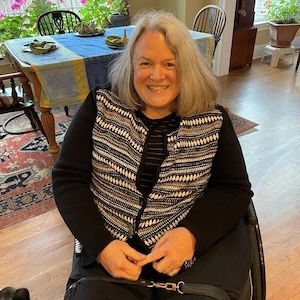 Mary Keating’s world turned upside down in 1973 when she became a paraplegic in a car accident at 15. Today, she’s married, a Yale Law School graduate with her own law firm, an advocate for disability rights, and a scuba diver. A three-time Pushcart nominee, Mary is the Poetry Editor for ScribesMICRO. Her poems have appeared in several publications, including Rattle, Wordgathering, Poetry for Ukraine, and SFWP. She loves to share her poems at open mics and poetry groups.
Mary Keating’s world turned upside down in 1973 when she became a paraplegic in a car accident at 15. Today, she’s married, a Yale Law School graduate with her own law firm, an advocate for disability rights, and a scuba diver. A three-time Pushcart nominee, Mary is the Poetry Editor for ScribesMICRO. Her poems have appeared in several publications, including Rattle, Wordgathering, Poetry for Ukraine, and SFWP. She loves to share her poems at open mics and poetry groups.
Mary has served as Chairperson for the Connecticut State Rehabilitation Council and as Vice President of the Rowayton Library. She is a Top Attorney of North America. Mary lives with her husband, Danny, in Rowayton, Connecticut, where they raised two beautiful black Labs from Guiding Eyes for the Blind. More than 50 years after her accident, Mary continues to fight with humor and grace for the ability of the billion disabled people in the world to lead a full and rewarding life.
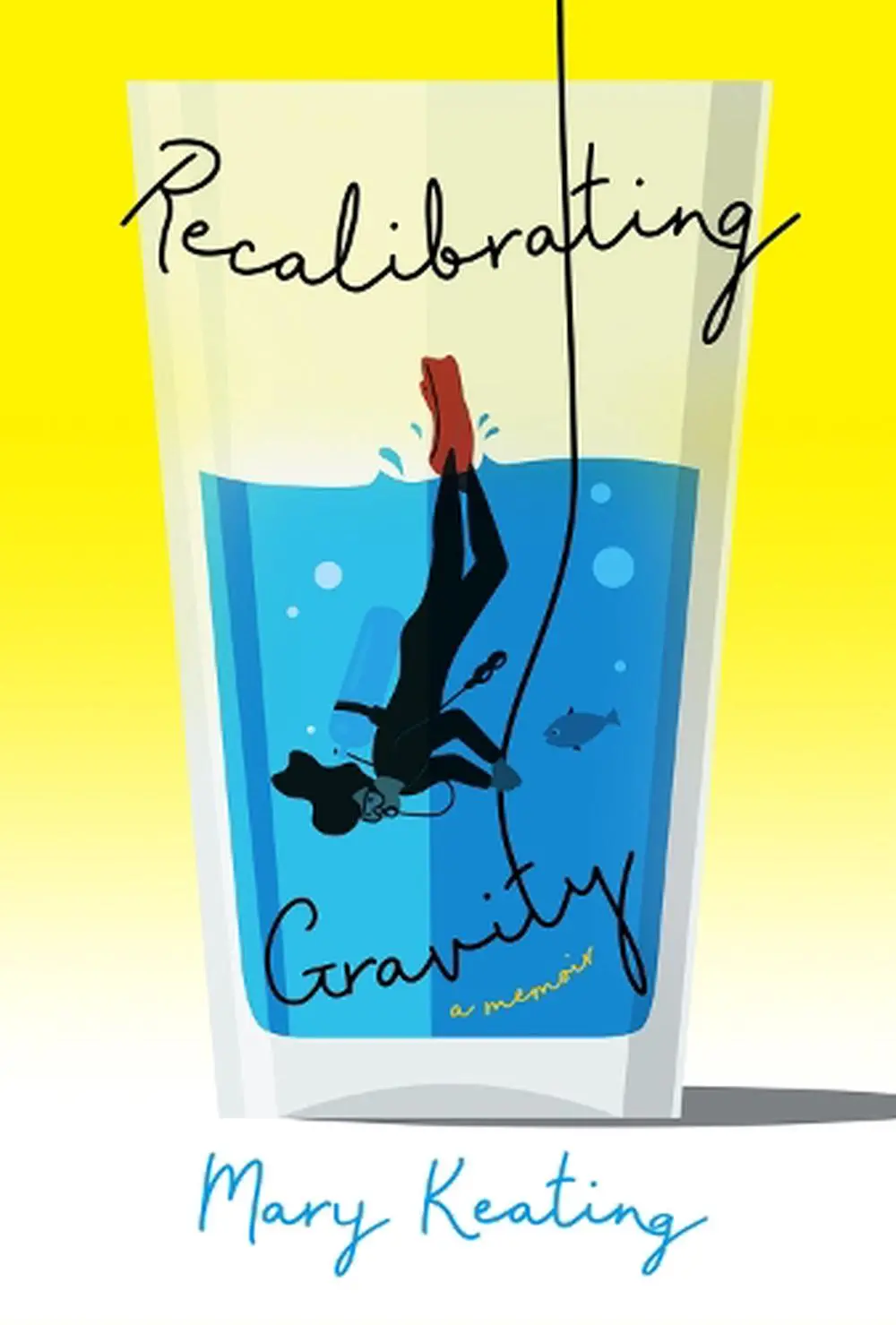
Publish Date: 9/2/2024
Genre: Memoir, Poetry
Author: Mary Keating
Page Count: 192 pages
Publisher: Woodhall Press
ISBN: 9781960456151


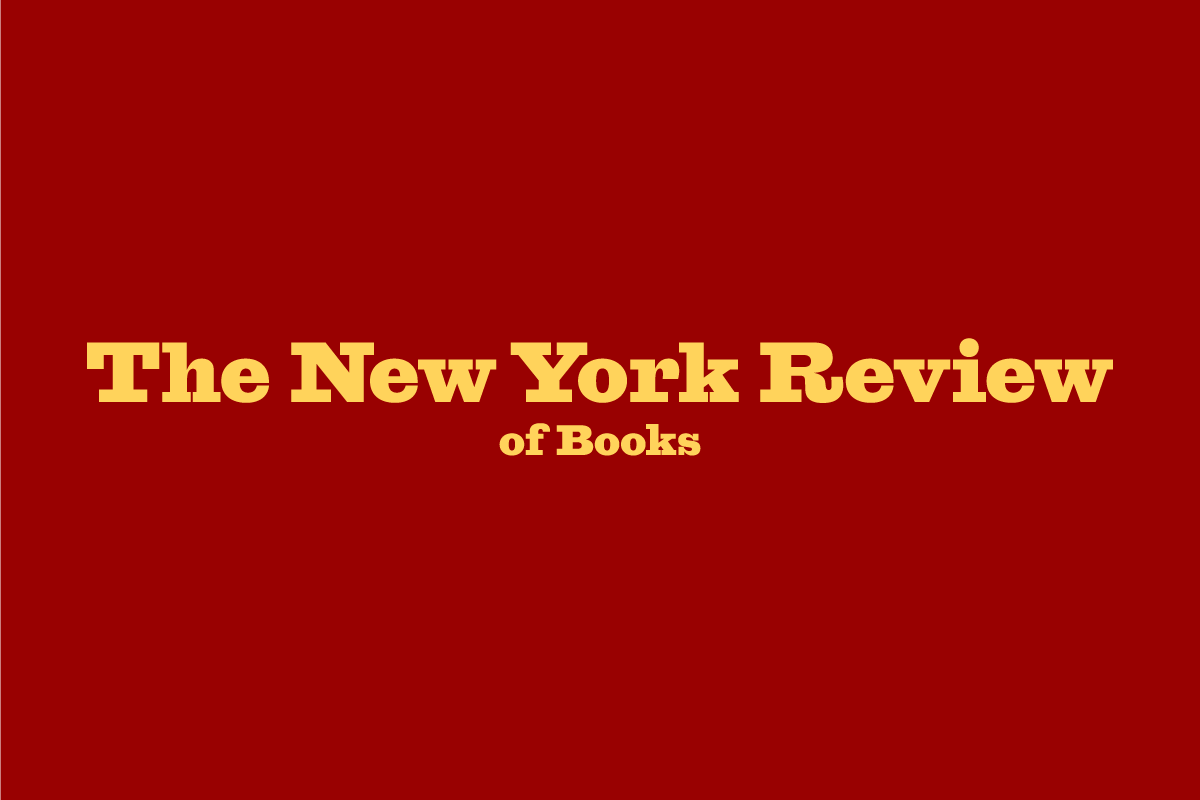
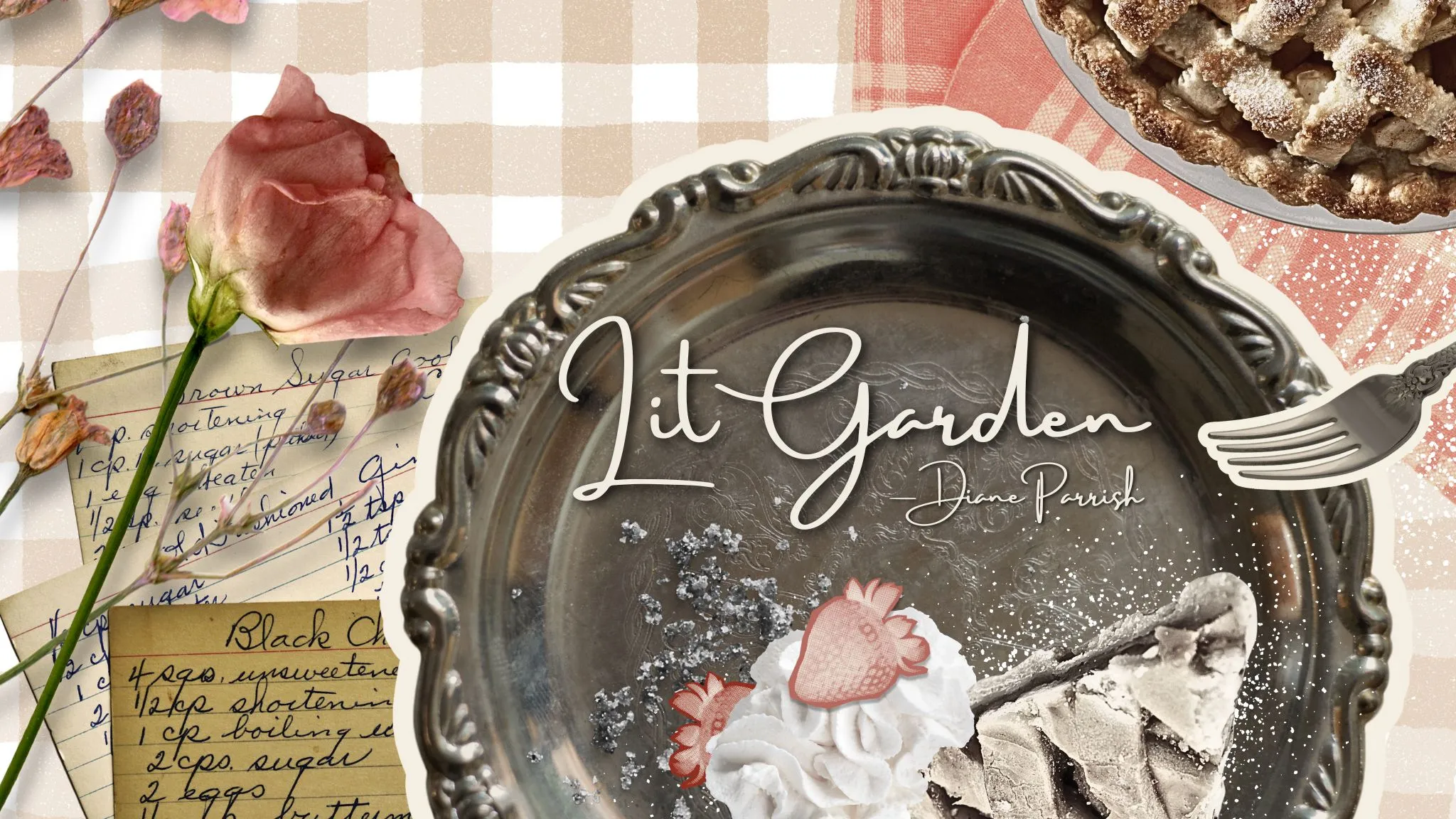
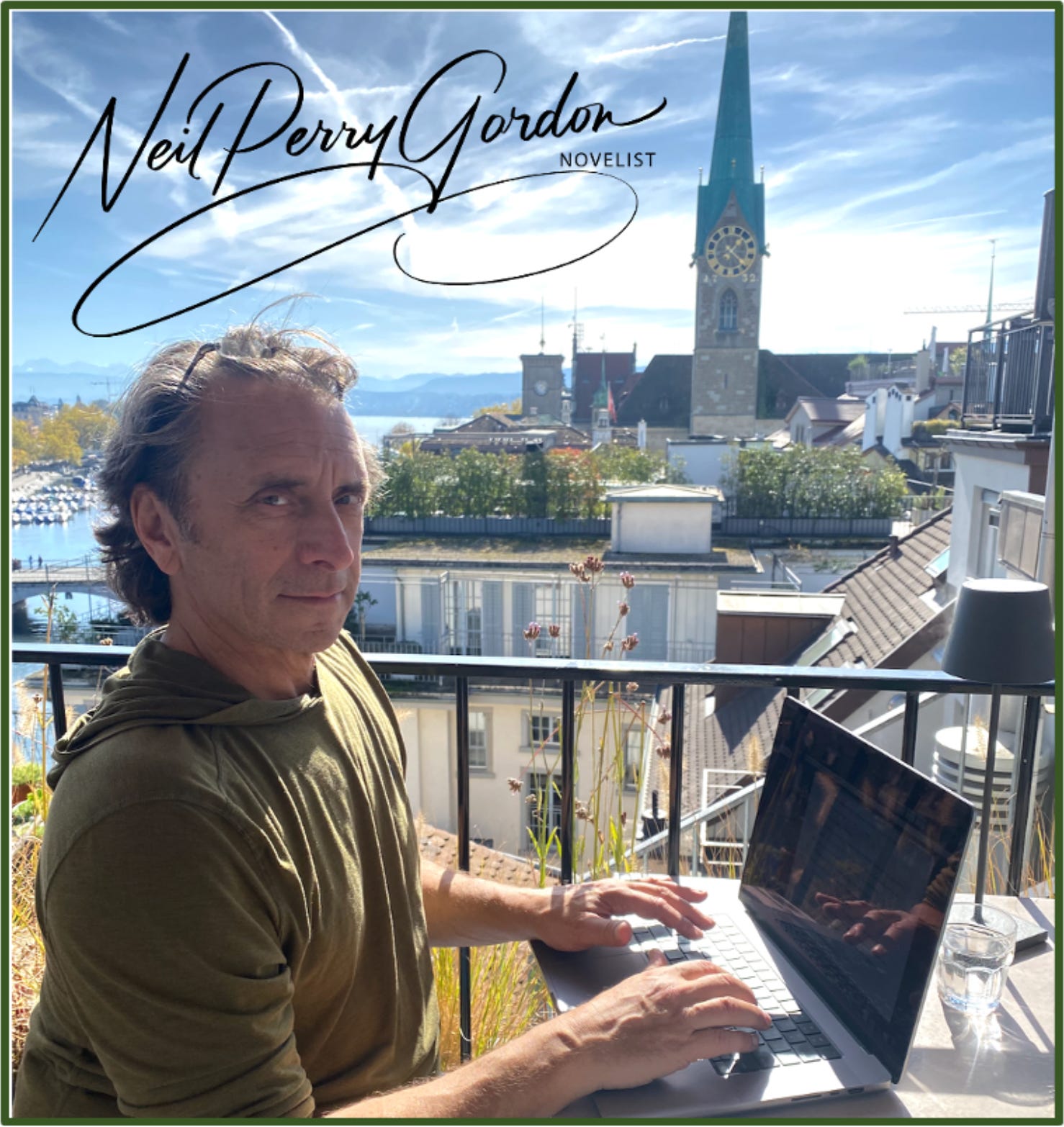
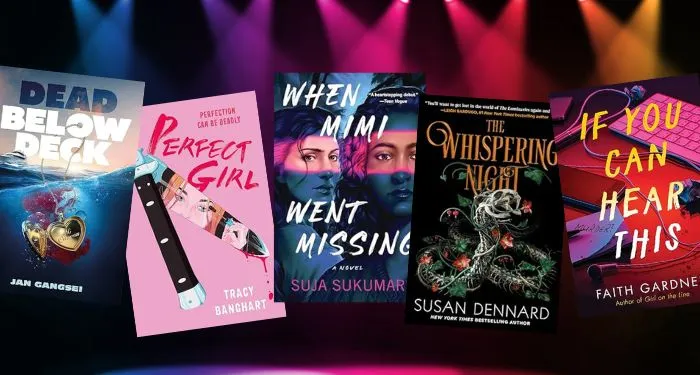
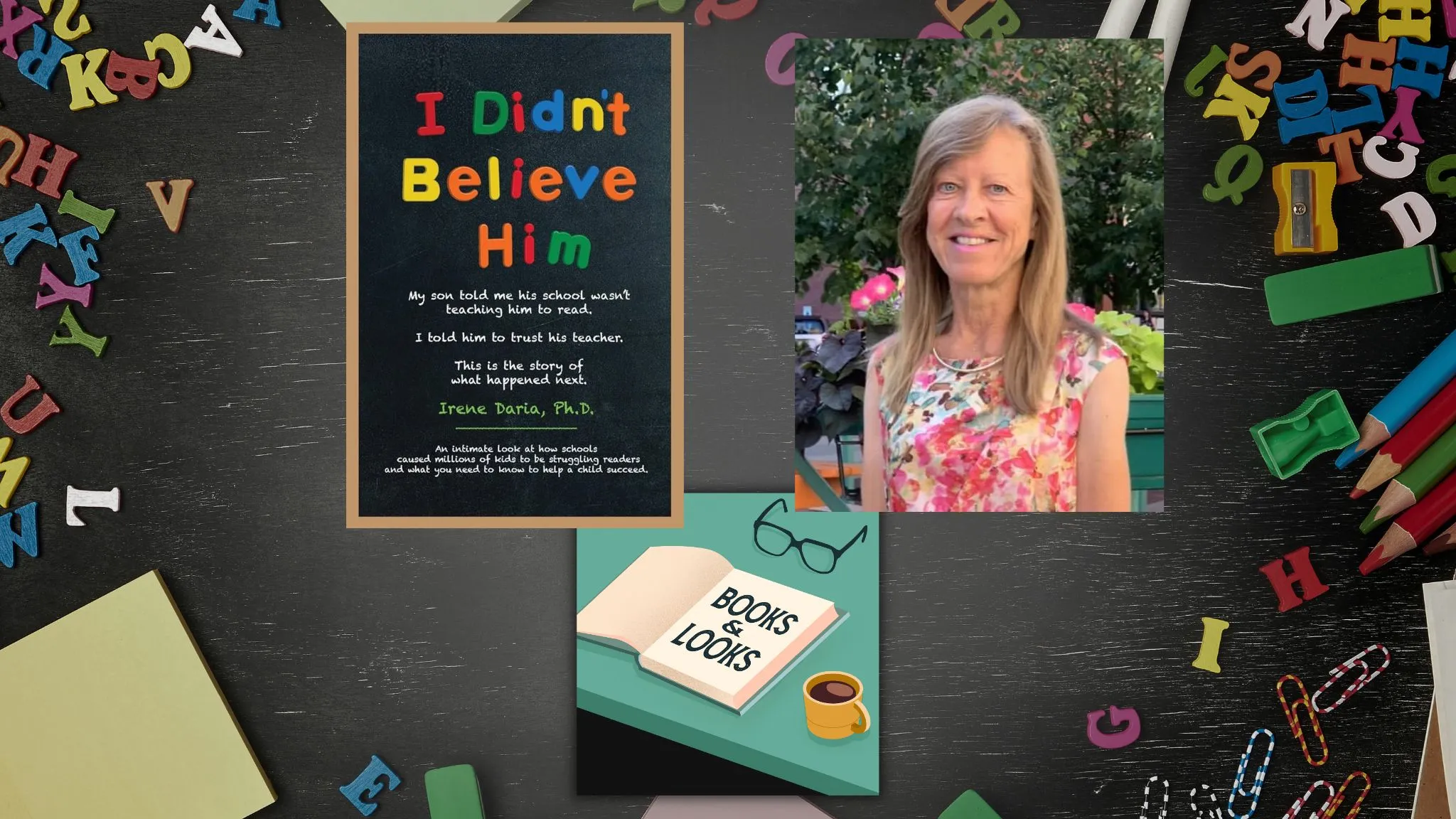



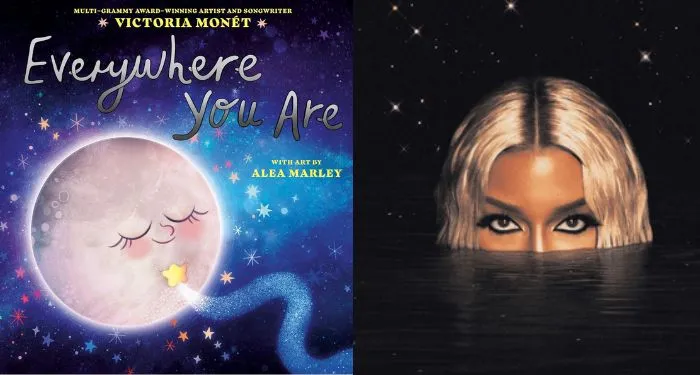


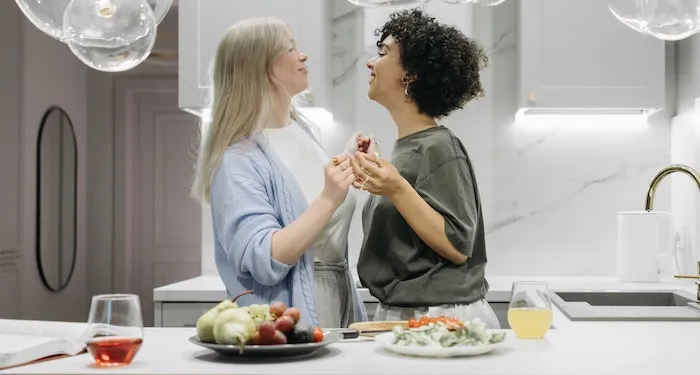

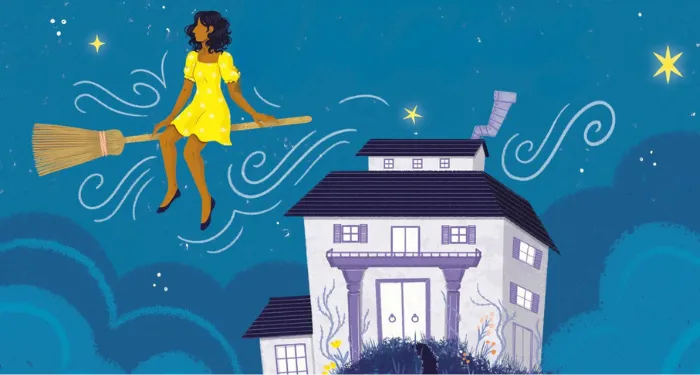


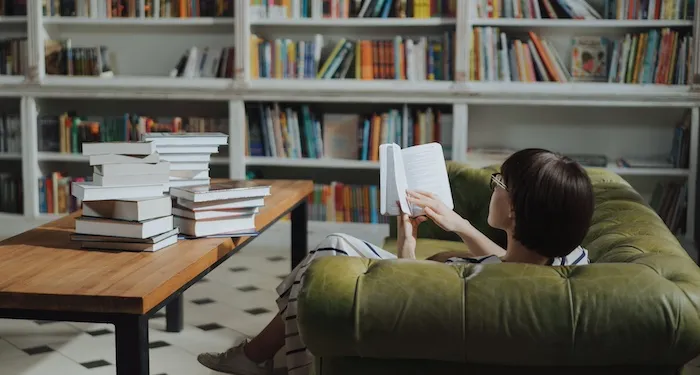
 English (US) ·
English (US) ·